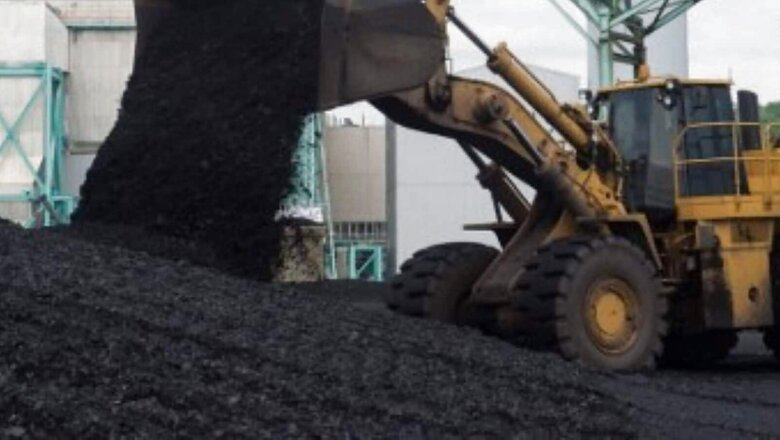Science-Wise: Reducing Emissions Through Coal Not Oil, Gas Phase-Out Plays Down Onus on Rich Nations

views
Phase-out of coal-fired power is important, not just for climate, but for the health of millions of people who suffer from its far-reaching consequences.
However, as the world steps up climate action, it has underestimated the need to cut down on oil and gas by proposing rapid coal phase-out that may not be socio-politically feasible for countries dependent on it, says a new study.
According to the research published in the peer-reviewed science journal Nature Climate Change, the IPCC 1.5℃ pathways have played down the responsibility of rich nations in reducing CO2 emissions, by laying more emphasis on coal, than oil and gas — all of which are responsible for world’s largest source-based emissions.
While phasing-out coal is urgent, experts say, the climate models have relied so much on it that it has raised socio-political feasibility concerns in coal-dependent countries like India. The study has once again brought to the fore, the debate over developing countries being made to contribute more to climate mitigation than the developed nations.
Fastest Energy Transition; How Feasible?
The team modelled the pathways aligning with the 2015 Paris Agreement of limiting temperature rise to 1.5 °C. It sees, global coal power down by 88% from 2020 to 2030, while global gas power falls 14% during the same decade, and overall oil use 10% in the median pathway.
Now, researchers have compared this shift with the fastest power transitions in all countries in the last 50 years, and found that this would require coal-dependent economies like India to wind down coal two times faster than the fastest power sector transition of the last five decades by any country relative to the size of the industry.
The study further argues that this pace of global phase-out of coal as proposed in techno-economic optimisation models may be “at the limits of societal-feasibility” in coal-dependent countries. India, for instance, fulfils 55% of its energy needs through coal, which is critical to meeting its burgeoning energy demands as it provides livelihoods to millions through direct and indirect jobs.
Now, let’s say, the decline in coal is not as rapid as suggested, then perhaps the other countries will need to mitigate faster to keep warming below 1.5℃, the team demonstrated through models. “If realistic limits are put on the pace of coal phase-out in developing countries, that would mean wealthy nations will have to cut emissions 50% faster than in current 1.5℃ pathways for a fairer and feasible energy transition,” writes co-author James Price from University College London.
India’s Coal Conundrum
Coal is the most important and abundant fossil fuel in India and accounts for 55% of the country’s energy needs. With substantial reserves, the government has maintained that coal is going to stay as a major source of energy in the foreseeable future. Just to give an idea, the commercial primary energy consumption in India has grown by 700% in the last four decades.
Despite vigorous push for renewables, the country will require a base load capacity of coal-based generation for stability and also for energy security.
Whole India has committed to meeting 50% of its energy needs from non-fossil fuels by 2030, it has maintained the pace of transition to clean energy will be viewed in the light of national circumstances, and principle of common but differentiated responsibilities the transfer of climate finance and low-cost climate technologies.
As lead author Greg Muttitt from Geneva-based International Institute for International Development (IISD) says, ending coal use is urgent, for both climate and health, but it takes time to enable a just transition in countries that are highly coal dependent. Limiting warming to 1.5℃ requires cuts in all three fossil fuels, coal, oil and gas. Perhaps, rebalancing mitigation measures may show more feasible paths to achieving the Paris Agreement goals.
Read all the Latest India News here


















Comments
0 comment